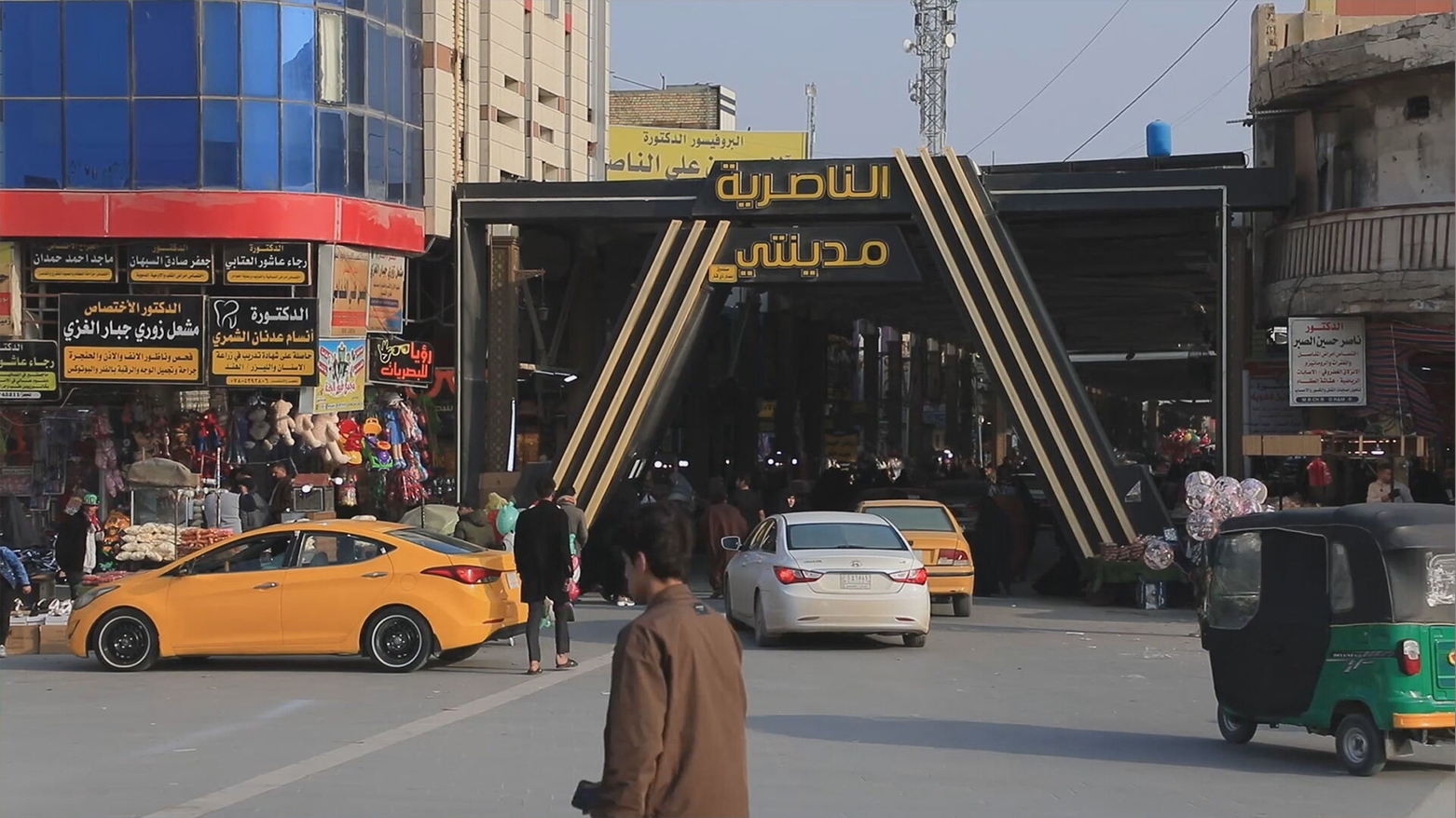Oil-Rich but Impoverished: Dhi Qar’s Struggle with Economic Inequality
The province, which produces approximately 250,000 barrels of oil per day, offers a paradox of resource wealth alongside deteriorating unemployment and financial distress.

Feb. 1, 2025
ERBIL (Kurdistan24) – Despite being one of Iraq’s major oil-producing provinces, Dhi Qar continues to wrestle with deep-seated economic hardship, with 30% of its population living below the poverty line.
The province, which produces approximately 250,000 barrels of oil per day, offers a paradox of resource wealth alongside deteriorating unemployment and financial distress.
The economic situation in Dhi Qar’s capital, Nasiriyah, remains serious, especially for young people, including university graduates, who face limited job opportunities.
Many locals voice frustration over the preferential hiring of foreign workers in the province’s oil sector, arguing that priority should be given to local candidates.
Rasul Habib, an unemployed resident of Dhi Qar, told Kurdistan24 that most young people in Nasiriyah struggle to find work despite having completed their education.
“Nasiriyah is rich in resources, yet its wealth is not reaching the people. Many young people are unable to meet even their basic financial needs,” he said.
Economic experts point to systemic issues in wealth distribution as a primary cause of this crisis.
While the province’s oil revenue contributes considerably to Iraq’s economy, the benefits appear to bypass much of its population. As a result, an increasing number of young people are emigrating in search of better opportunities, further draining the local workforce.
Mohammed Husseini, an economic analyst, attributes the province’s economic struggles to multiple factors, including a lack of industrial and agricultural development, a weak private sector, and widespread institutional corruption.
He cautions that these conditions not only contribute to poverty but also push some residents toward crime and drug abuse out of economic desperation.
Despite promises of reform, successive Iraqi governments have failed to implement effective policies to address these challenges.
Reports indicate that essential public services, including healthcare and education, remain inadequate, while the unemployment rate is expected to continue rising.
Dhi Qar’s situation underscores a broader issue in Iraq—resource wealth alone does not guarantee economic stability.
Without fundamental reforms in governance, wealth distribution, and job creation, the province’s residents will remain trapped in a cycle of economic marginalization despite the vast oil reserves beneath their feet.